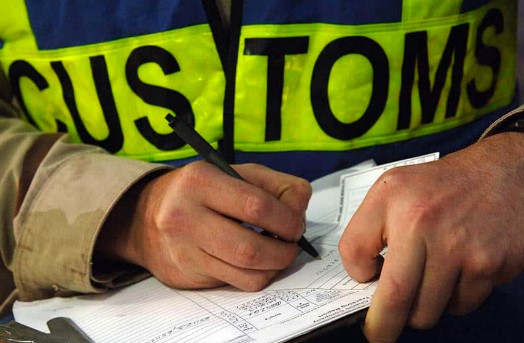Understanding Customs Holds
A US customs hold on an import refers to a situation where the United States Customs and Border Protection (CBP) temporarily withholds the release of imported goods. This hold is placed on international freight to ensure compliance with various regulations, safety standards, and proper documentation.
There are several reasons why CBP may place a hold on imports, including:
- Incomplete or missing documentation
- Discrepancies in documentation
- Random inspections for quality control and compliance purposes
- Suspected violations of laws, regulations, or intellectual property rights

When a shipment is placed on customs hold, the customs broker, or the party responsible for handling customs services, will notify the importer, explaining the reason for the hold and any additional information or action required.
Some common types of customs hold include:
- Manifest hold: CBP verifies manifested information (such as Importer Security Filing (ISF) details or Automated Manifest System (AMS)) and may request additional information or documentation. This often indicates that the provided shipping documentation is incorrect or missing information.
- Commercial Enforcement Hold: CBP uses this term to cover various hold causes, such as verifying copyright, trademark, or licensing. CBP may also use this hold if they suspect the classification or valuation of the imported goods is incorrect.
- Statistical Validation Hold: If shipping documentation and actual cargo show inconsistencies, such as varying weights, values, or commodity declarations, CBP may place the cargo on hold.
- PGA (Participating Government Agencies) Hold: Agencies like the FDA, USDA, CPSC, and others are responsible for regulating products entering the U.S. Any of these agencies may instruct CBP to place a hold on an import to ensure it complies with their respective regulations.

The duration of a customs hold can vary depending on its nature, ranging from just a few days to more than a week. In some cases, CBP may conduct physical examinations or request additional documentation before releasing the hold or escalating it to a more thorough customs examination.
Working closely with customs brokers or service providers like Shippabo can help ensure that your documents are accurate and complete, reducing the likelihood of your shipments being placed on customs hold.